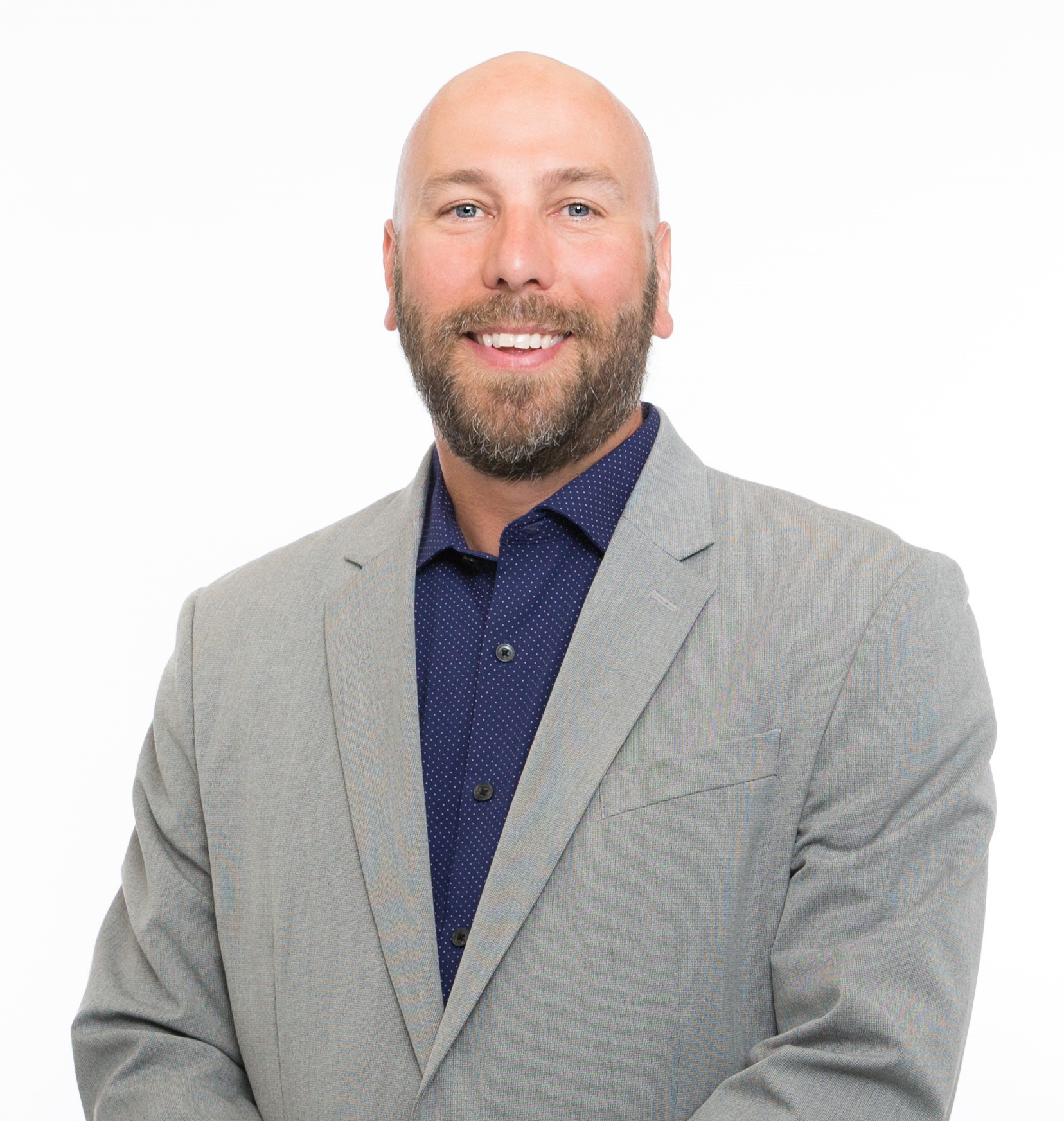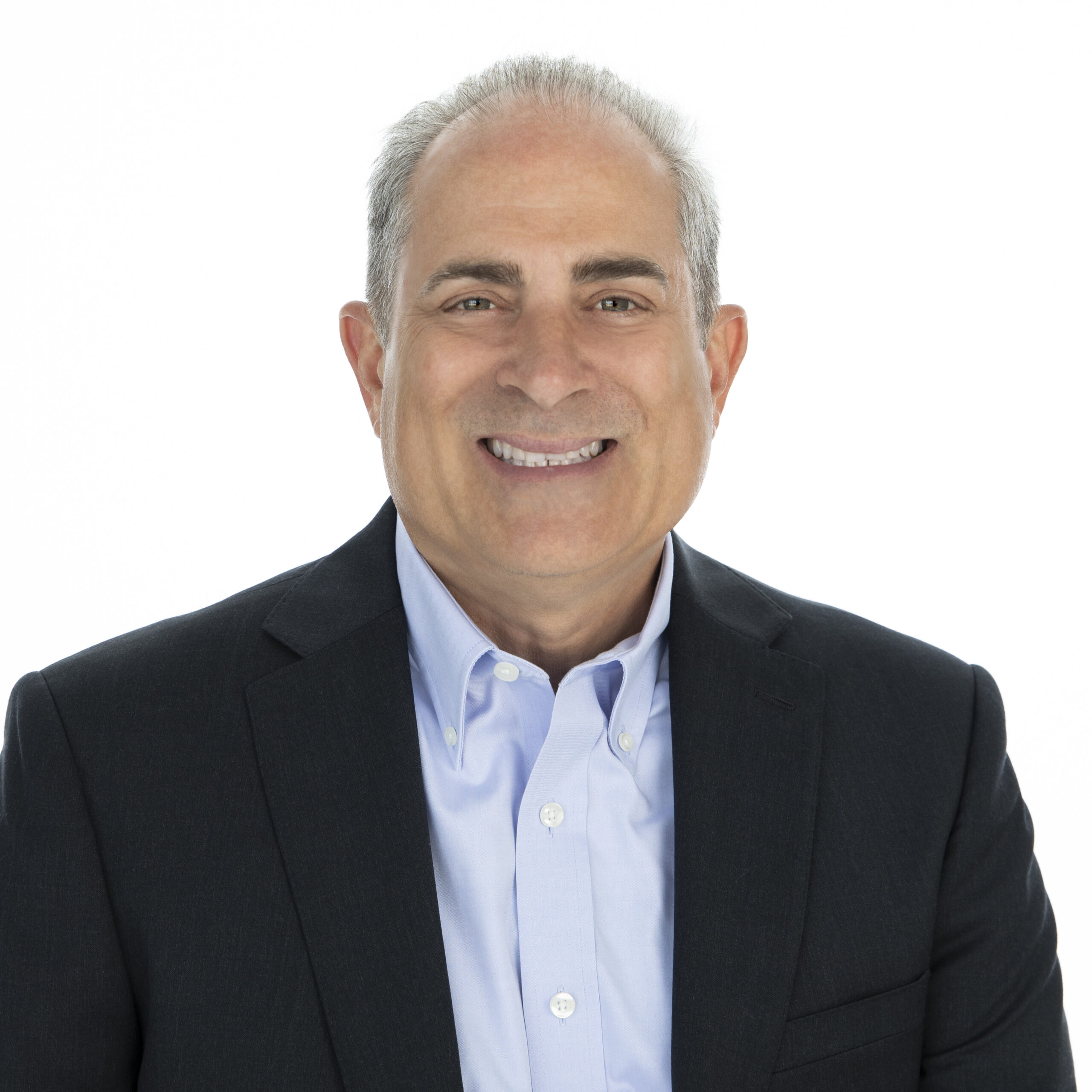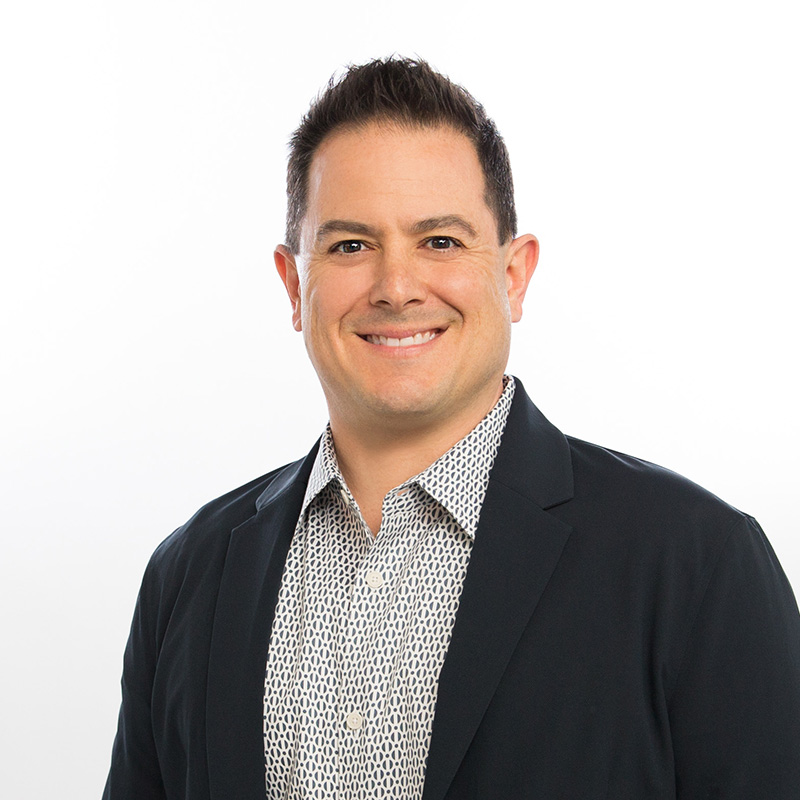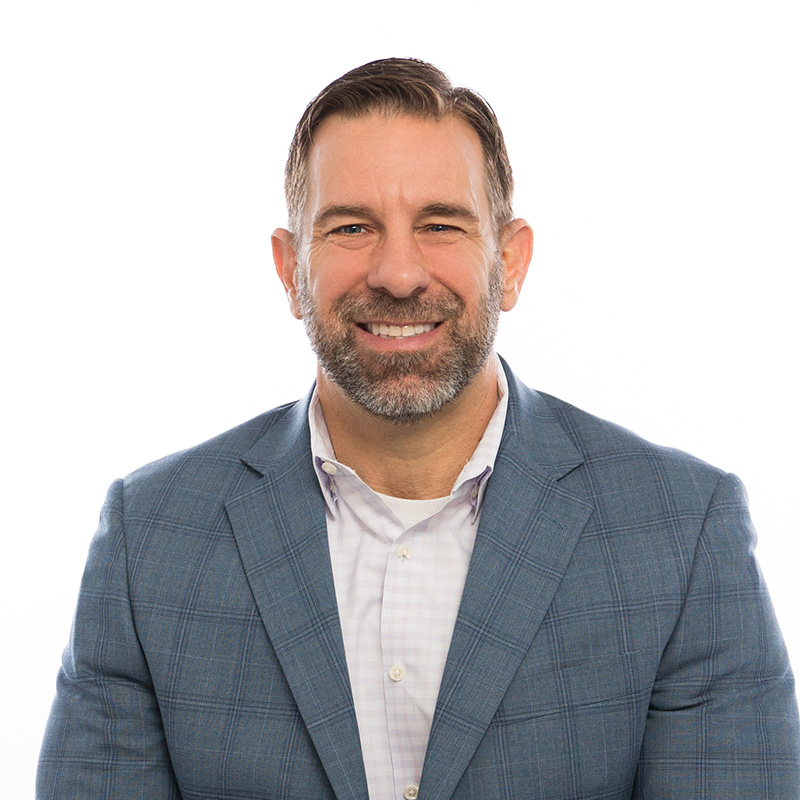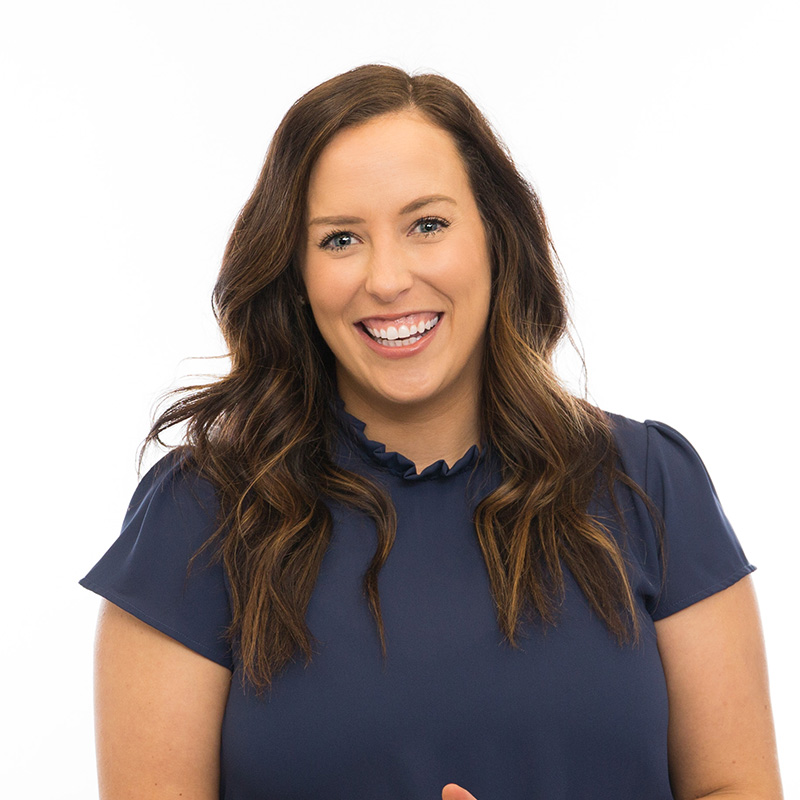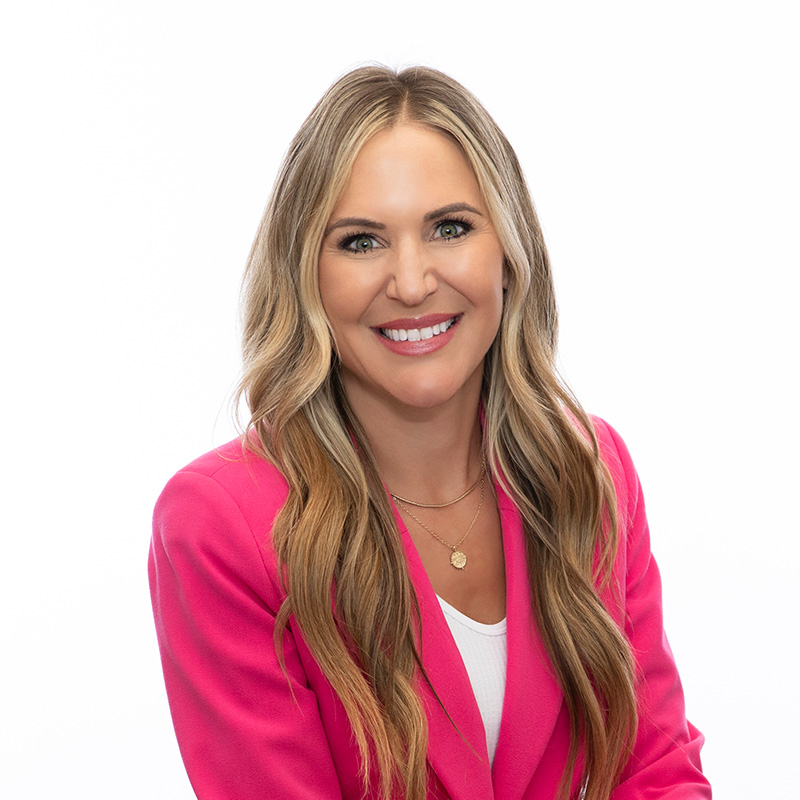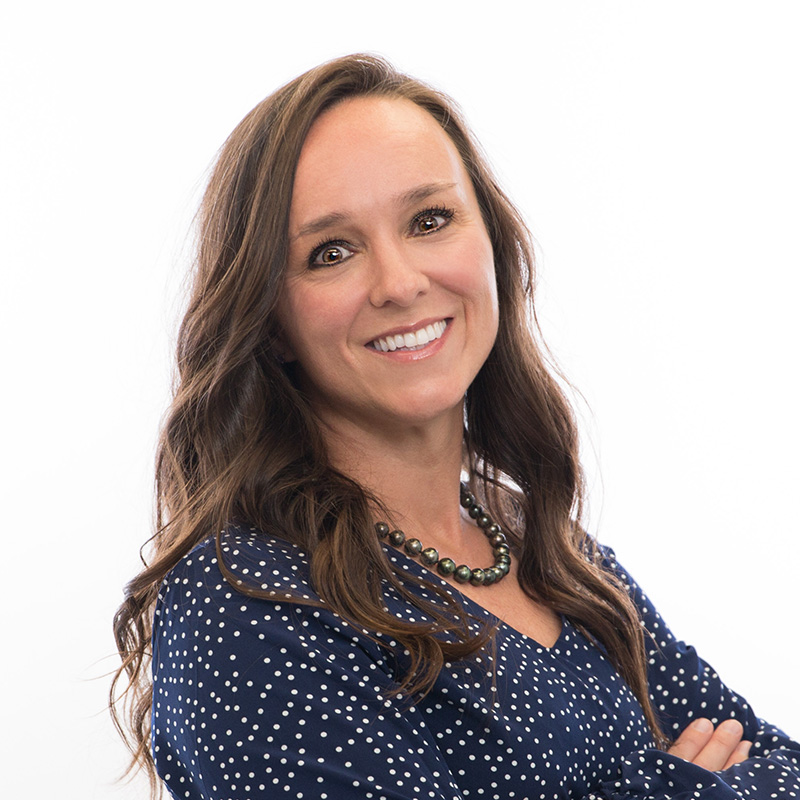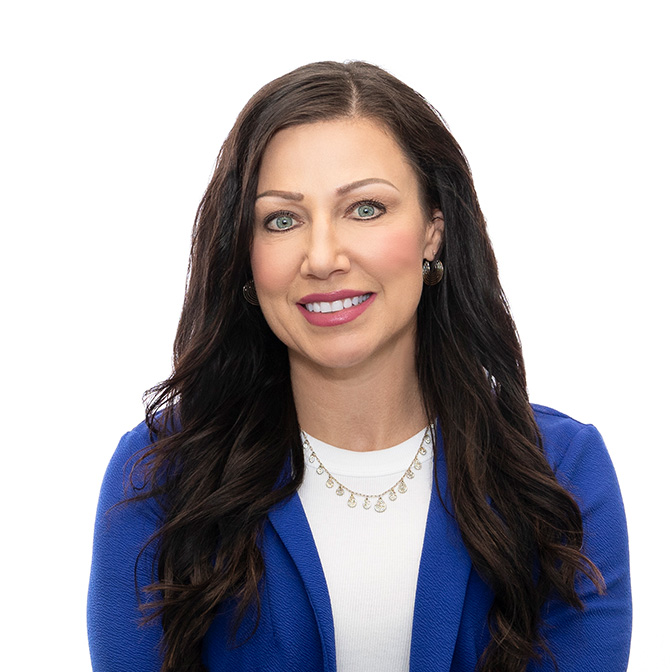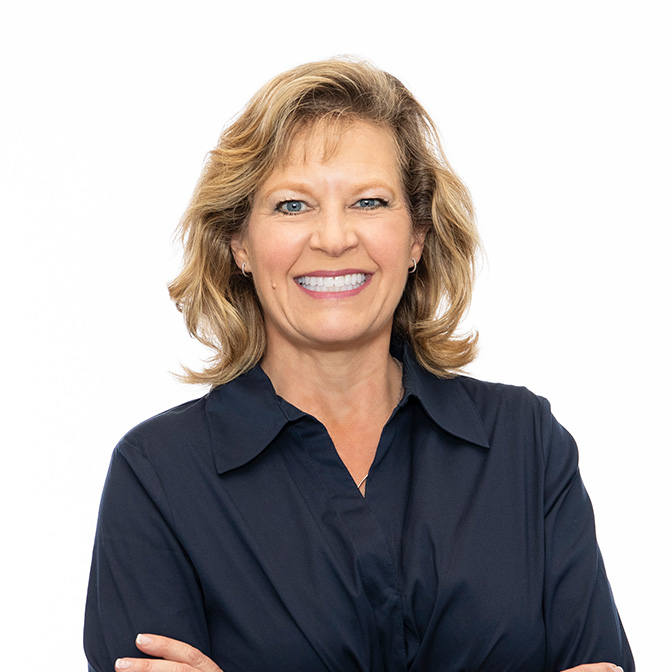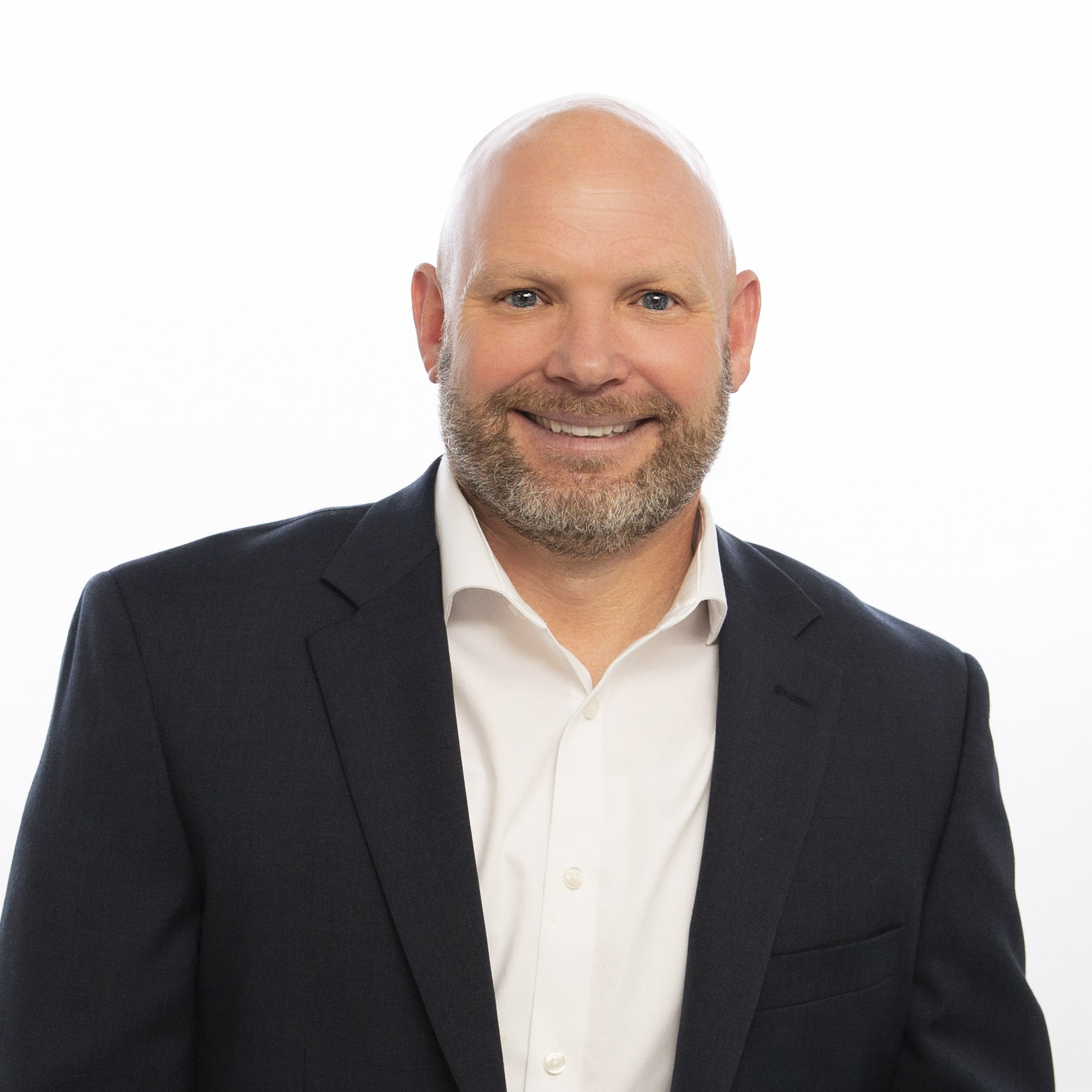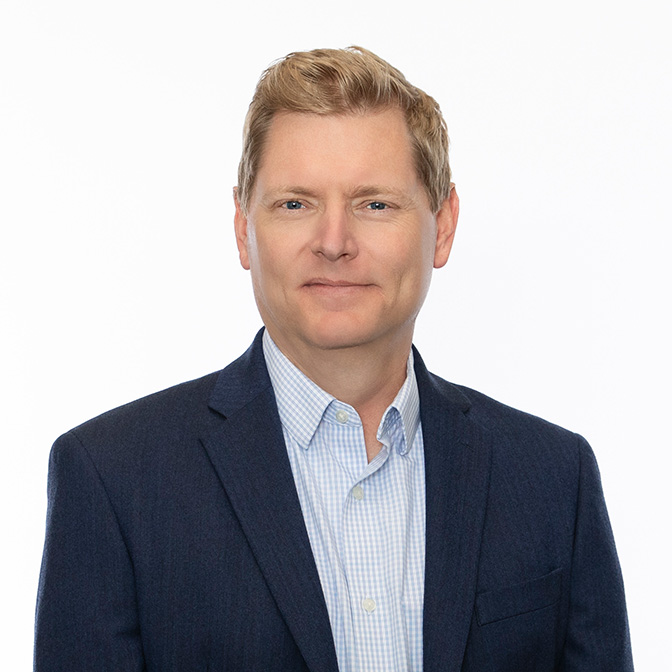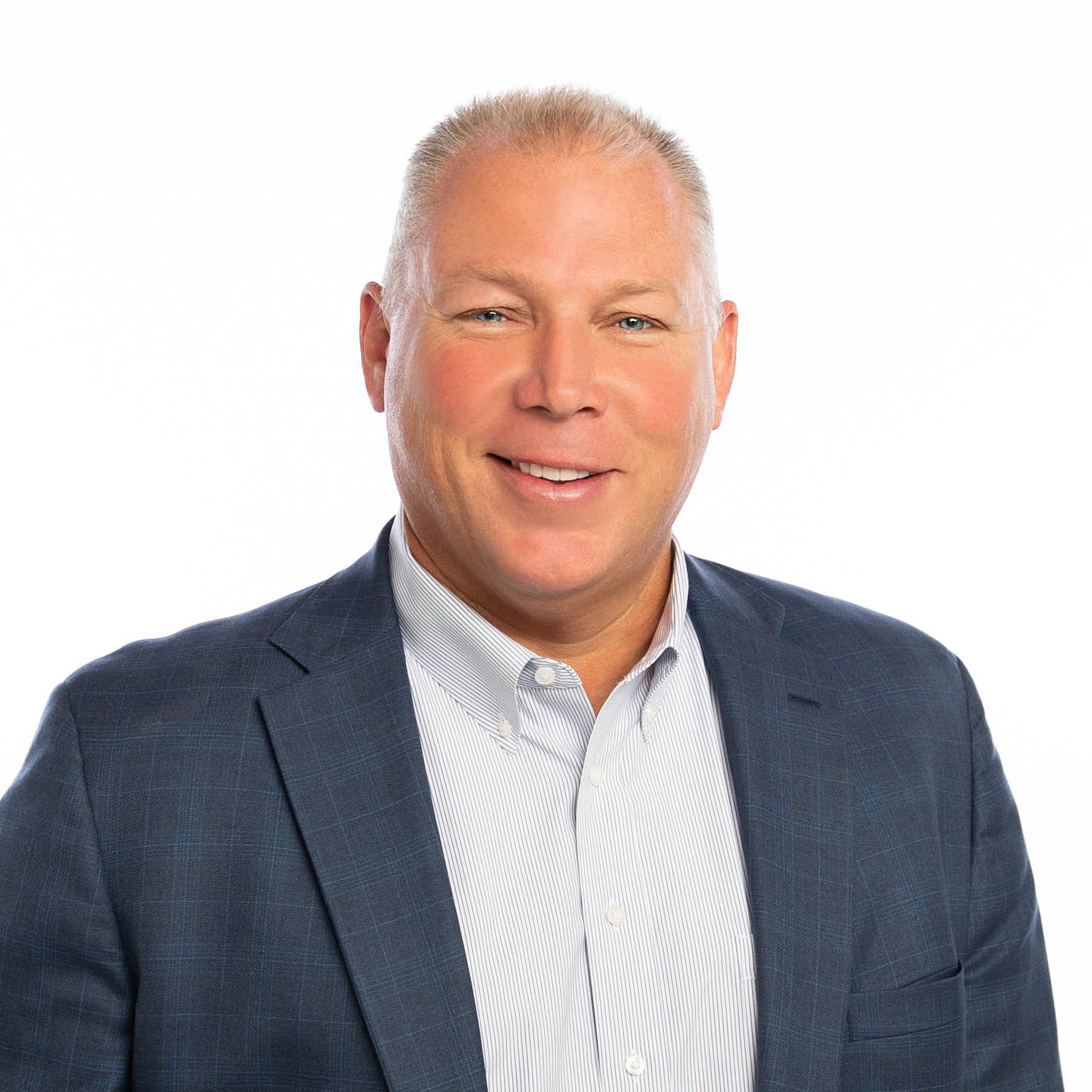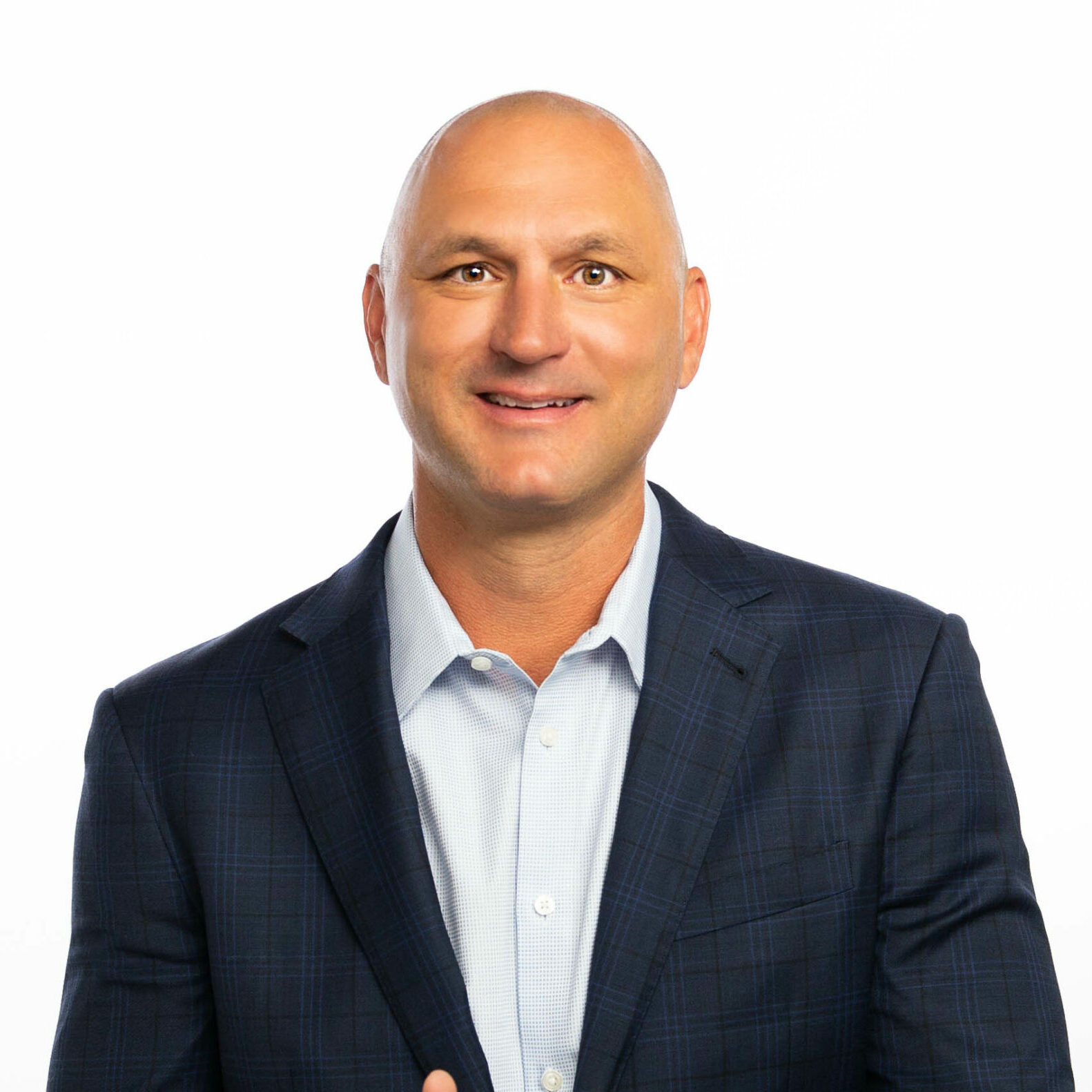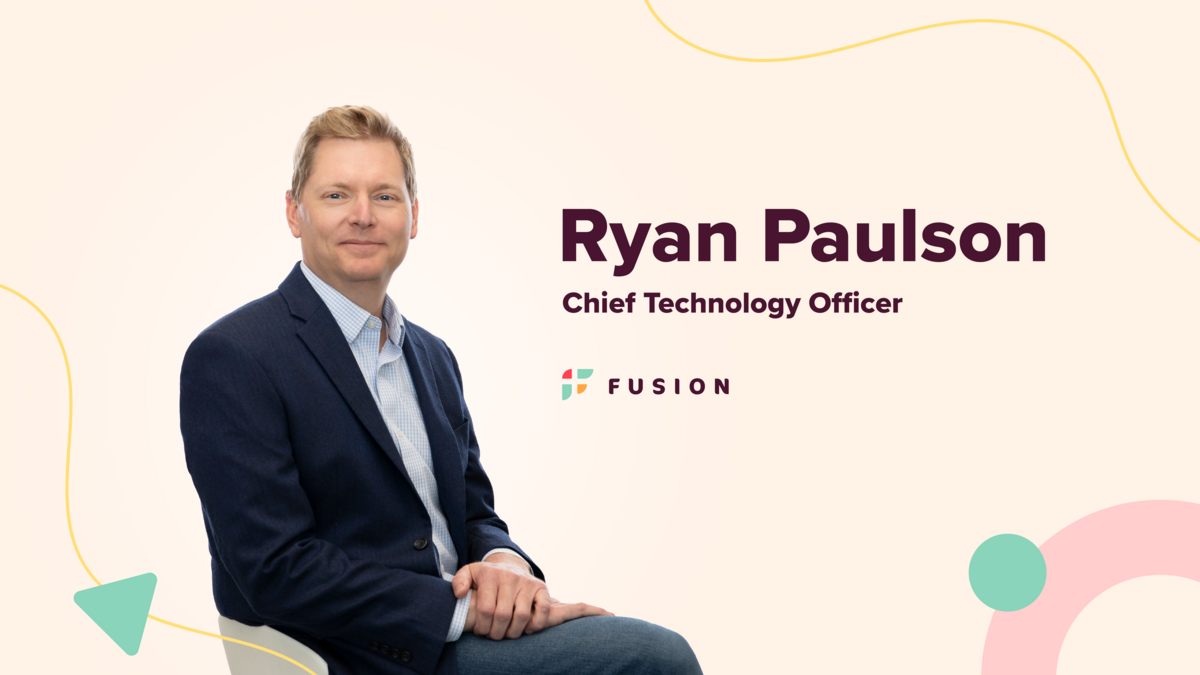
Chief Technology Officer Ryan Paulson provides strategic planning and an overall vision for where Fusion can grow while leading three divisions: Information Technology, Data Strategy and Services, and Operations. This interview with Paulson explains his role, leadership style, and advice on reaching career aspirations.
Can you explain your position at Fusion?
I oversee three technology divisions including information technology, data strategy, and operations. These are the folks responsible for technical support, web development, analytics, reporting, and even some artificial intelligence. I'm also a member of the executive leadership team, so I help guide strategy, objectives, and goals for Fusion. This gives me an opportunity to build relationships across all levels in our company and mentor different folks.
When working with those three teams and in leading the company, what are your main priorities?
My priorities are, first and foremost, the people of my internal teams, making sure they have everything that they need to do their jobs. Secondly, the priority is around technical support, ensuring that all systems are up and running and running smoothly. My next priority is projects; we have projects which are related to our defining objectives this year, specifically staffing optimization and customer experience projects like the new Fusion website and our Bullhorn reimplementation.
OUr other projects include, I guess you'll call it behind-the-scenes type of work, done by the technology divisions I mentioned. They are upgrading hardware and software, streamlining processes, and making it so Fusion can scale.
Fusion identified a new mission last year, which is to Refresh Healthcare. What does that mean to you?
To me, Refreshing Healthcare means we are putting the Fusion spin on healthcare. It's a very difficult industry, regardless of whether you're working in a facility or helping staff those facilities. We want to provide something that we consider best in class. We’ve always prided ourselves on customer service and doing things at the highest level. We want our services to be a refresh for the healthcare industry.
What does your professional experience prior to Fusion look like?
Going into technology was an easy decision. My parents always said, “Find something you love and try to make money doing it.” Now I get to do what I love every single day. When I got into technology right out of college, there was a lot to learn. I went through the dot-com boom, which was the first major obstacle in my career, but I was fortunate to have a lot of good mentors who introduced me to new technologies and ways of thinking that continued through my career. While I do less technical work today, the mentors I’ve had, the experience I have, and the opportunities I’ve been given have helped me position myself where I can help others now, elevating them to meet their career aspirations.
How has your previous experience helped you in leading Fusion?
First and foremost, I never really wanted to be in management. I was a programmer with dreams to become a database administrator, and I was able to do that in my second job out of college. That job also gave me the opportunity to kind of be a jack-of-all-trades. I was doing everything, and that's where I was introduced to the business side of the business, learning financials, doing the accounting, which then positioned me for my next job where I spent 13 years in e-commerce.
I went from being very technology-focused to being introduced to management and then being introduced to leadership. Over the course of that job, I had 2-3 good mentors and advocates who exposed me to other areas including SEO and marketing, and I was just overall very involved in the business. It was very eye-opening to me to see how other departments were managed and those leaders gave me the perspective to start my path to who I wanted to be as a leader.
How would you describe your leadership style?
I have gone from micromanaging to being a little more laissez-faire, trusting the people that we have at Fusion. I give them opportunities to fail fast and recover fast. I made a lot of mistakes in my career. I made mostly small mistakes, but a couple of big ones as well, and I was given the grace to recover, and I learned a lot. I want others to be able to learn in the same way. I try to use my experiences to guide them so they don’t repeat my past mistakes, but sometimes no matter what you say or do, you have to give people the opportunity to try. More often than not, they surprise you, and do things greater than you ever thought were possible.
How has Fusion evolved since you started?
I've been here a little over six and a half years, and the technology team was very small. There were only three people before I joined. I didn’t have a particular vision, but I knew that the healthcare staffing industry was a little bit behind the times from a technology standpoint, but I came in with an open mind. I had a lot to learn, and I was fortunate that our founder, Sam Wageman told me my number one priority at the time: build relationships with the people around you. That’s what I did and that’s how I began to understand what Fusion does and how we do things the right way. The technical pieces just fell into place after that.
What advice would you give someone who wants to be a Chief Technology Officer someday?
As you move through your career progression, it’s important to understand there is a big difference between being an individual contributor where you're really leveraging your technical skills and being in management where you are still strong in those technical skills but are also learning how to work with and motivate people. Once you get more into leadership positions, usually around the director level, this is where you are judged on the performance of your team rather than your own. That is where humility and selflessness really need to come through. If you’re great at that, look for opportunities to work in other areas outside of technology to gain that broader business sense.
You can hear more from Paulson on Fusion’s YouTube channel.
For more information contact:
Leah Kemple / Public Relations Strategist
[email protected]
